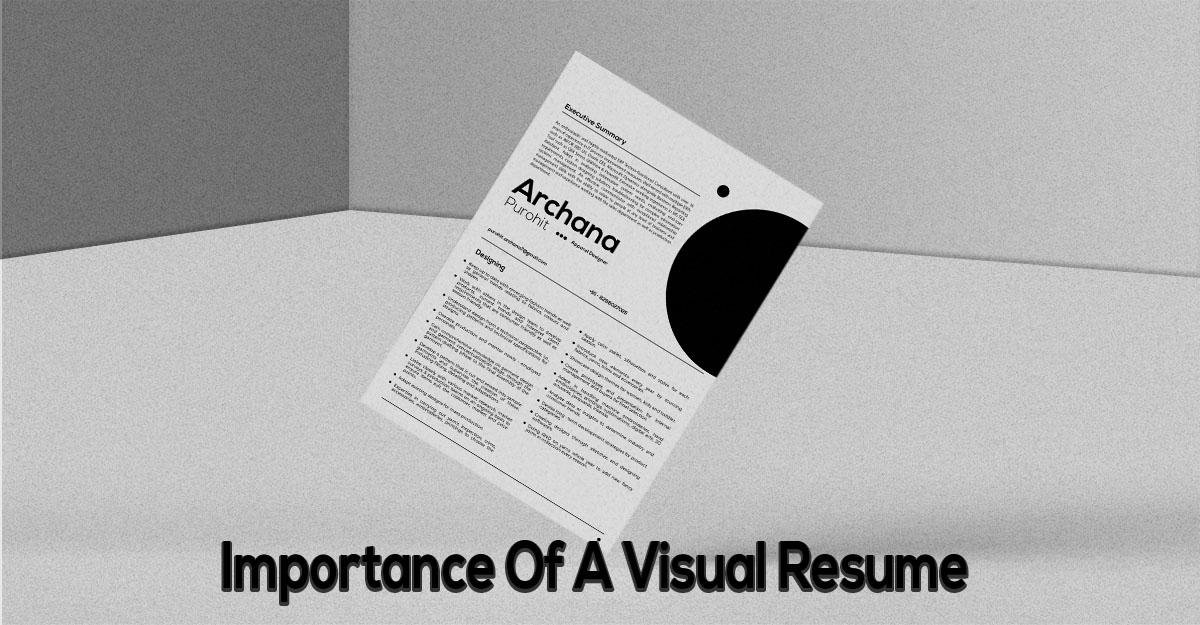Crafting a Resume for a Social Work Role: Key Sections and Tips

In the field of social work, a resume is more than just a document; it's a comprehensive representation of your skills, experience, and passion for making a difference. Crafting a resume that stands out in this competitive field requires careful consideration of its structure and content. This article will guide you through the key sections of a social work resume and provide tips to ensure your application shines.
1. Contact Information
The first section of your resume should be your contact information. This includes your full name, phone number, email address, and LinkedIn profile (if applicable). Ensure this information is up-to-date and professional. Your email address should be simple and professional, ideally a variation of your name.
2. Professional Summary
A professional summary is a brief statement that highlights your key qualifications and career objectives. For social workers, this should encapsulate your dedication to helping others, your relevant experience, and your core competencies. Keep it concise—2-3 sentences should suffice.
Example:
"Dedicated social worker with over 5 years of experience in child welfare and family services. Proven ability to develop effective treatment plans and support clients through challenging situations. Passionate about advocating for underserved communities."
3. Key Skills
The key skills section should list the abilities that make you a strong candidate for a social work role. These can be divided into soft skills and technical skills.
Soft Skills:
- Empathy and Compassion
- Communication
- Problem-Solving
- Time Management
- Cultural Competence
Technical Skills:
- Case Management
- Crisis Intervention
- Knowledge of Social Services Systems
- Report Writing
- Familiarity with Social Work Software (e.g., Apricot, ETO)
4. Professional Experience
Your professional experience section should detail your previous roles, responsibilities, and accomplishments. Use bullet points for clarity, and quantify your achievements where possible to provide measurable evidence of your impact.
Structure:
- Job Title
- Organization Name (Dates Employed)
- Location
- Responsibilities and Achievements
Example:
Senior Social Worker
XYZ Family Services (June 2018 – Present)
New York, NY
- Developed and implemented treatment plans for 50+ clients, achieving a 90% success rate in goal attainment.
- Conducted individual and group therapy sessions, facilitating improved coping strategies for clients.
- Collaborated with local agencies to secure resources for clients, including housing and employment support.
5. Education
The education section should list your academic qualifications in reverse chronological order. Include the degree earned, the institution's name, and the graduation date.
Example:
Master of Social Work (MSW)
ABC University, May 2017
Bachelor of Arts in Psychology
XYZ College, May 2015
6. Certifications and Licenses
Social work often requires specific certifications and licenses. Ensure this section is comprehensive, listing all relevant credentials along with the issuing organization and the date of issuance.
Example:
- Licensed Clinical Social Worker (LCSW), State of New York, June 2018
- Certified Case Manager (CCM), Commission for Case Manager Certification, March 2019
7. Volunteer Experience
Volunteer experience is highly valuable in social work as it demonstrates your commitment to the field. Include relevant volunteer roles, detailing your responsibilities and achievements.
Example:
Volunteer Counselor
ABC Homeless Shelter (January 2019 – Present)
- Provided weekly counseling sessions to shelter residents, assisting with mental health and addiction recovery.
8. Professional Affiliations
Membership in professional organizations can enhance your resume, showcasing your commitment to staying updated with industry trends and continuing education.
Example:
- Member, National Association of Social Workers (NASW)
- Member, American Clinical Social Work Association (ACSWA)
9. Continuing Education
List any relevant workshops, seminars, or courses you've completed that contribute to your professional development. This demonstrates your commitment to lifelong learning.
Example:
- Advanced Trauma Training, NASW, October 2020
- Workshop on Child Protection Policies, ACSWA, April 2021
Tips for Crafting an Effective Social Work Resume
1. Tailor Your Resume:
Customize your resume for each job application. Highlight the skills and experiences that are most relevant to the specific role you’re applying for.
2. Use Action Verbs:
Start your bullet points with strong action verbs like “developed,” “managed,” “implemented,” and “coordinated” to convey your impact effectively.
3. Quantify Achievements:
Wherever possible, use numbers to quantify your achievements. This provides concrete evidence of your contributions and impact.
4. Keep it Concise:
Aim for a resume length of one to two pages. Be concise and focus on the most relevant information.
5. Proofread:
Ensure your resume is free of typos and grammatical errors. A polished, error-free resume reflects your professionalism and attention to detail.
Final Thoughts
A well-crafted resume is your first step towards landing a rewarding role in social work. It should effectively communicate your skills, experience, and dedication to making a positive impact on individuals and communities.
If you need assistance in creating a standout resume that captures your unique qualifications and experiences, consider opting for professional resume writing services. At IRC Resume, we specialize in helping professionals like you showcase their strengths and secure their desired positions. Our experts are dedicated to providing personalized support to ensure your resume stands out to employers. Take the next step in your social work career with confidence and let us help you craft a resume that opens doors to new opportunities.









